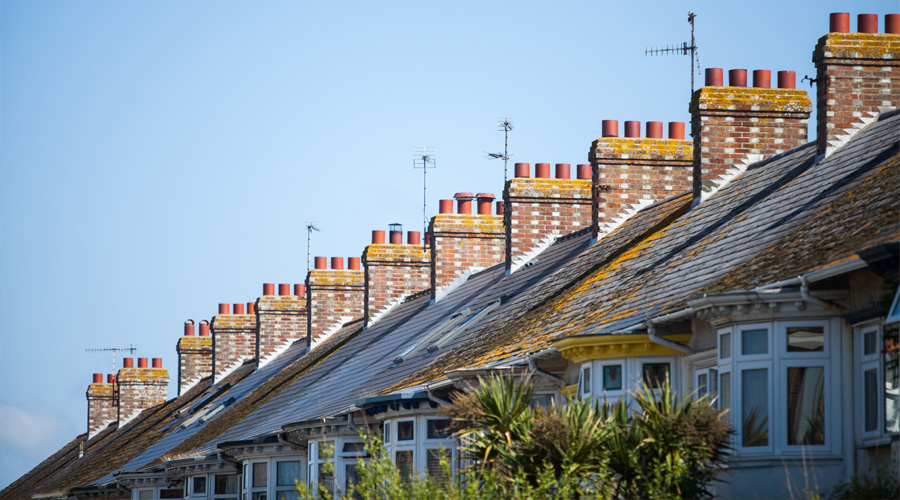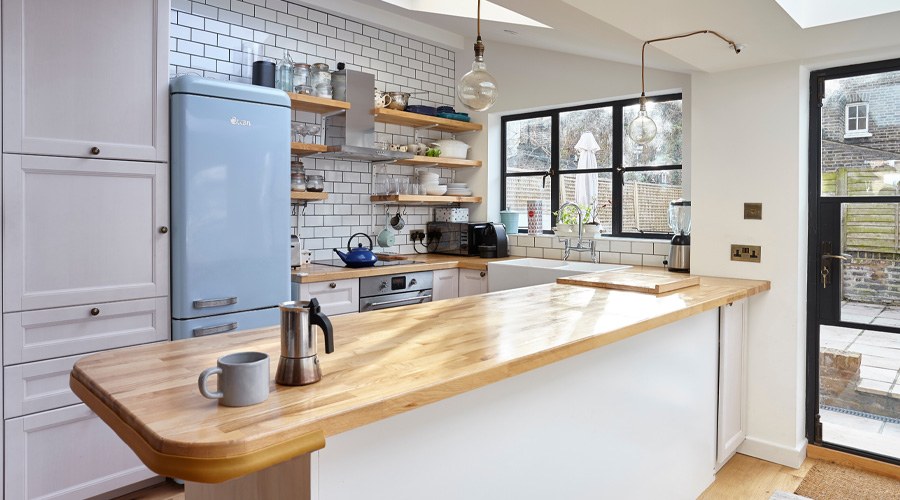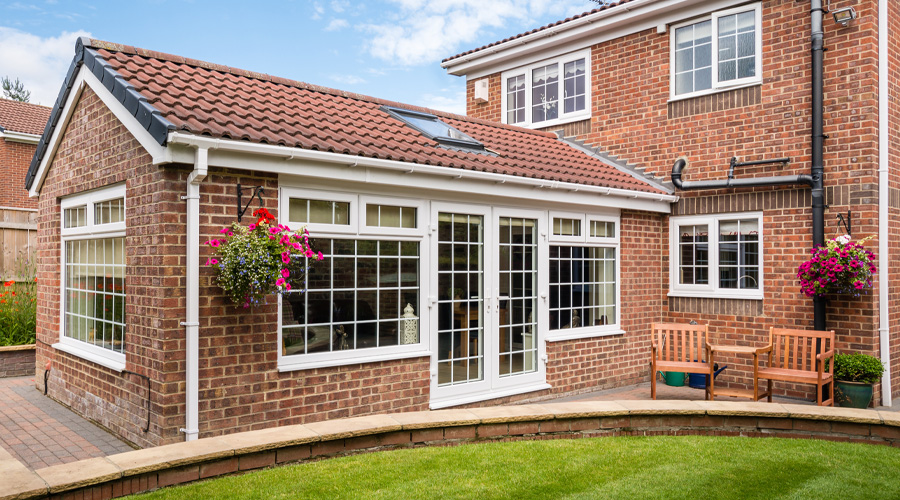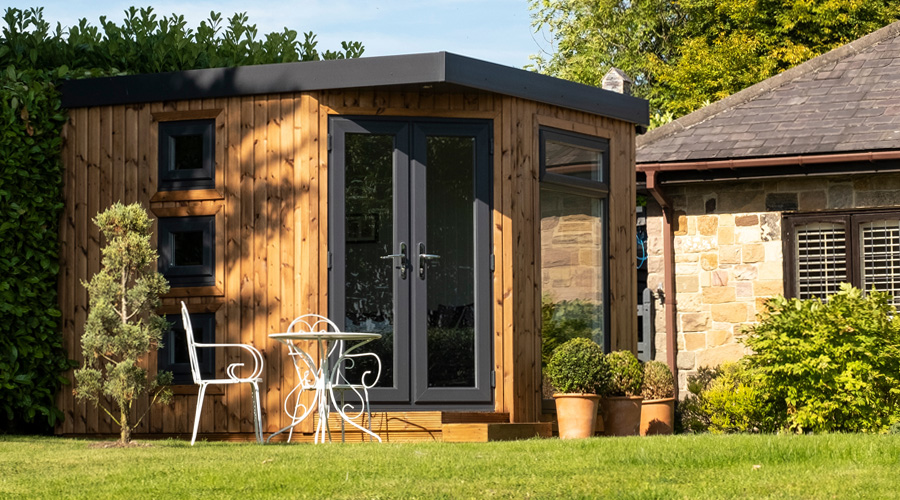If you are looking to move to a new area, there are several aspects you may want to consider before finalising the location. Though not all these elements are important to everyone, they will offer you the basic requirements of a potential future home’s environment.
Physical Location
Once you have chosen a town, city, or countryside area that you want to be close to, you need to decide if you want to be in a central location, a quiet village, or a busier neighbourhood. Once you have chosen this, it is much easier to narrow down the properties available.
Supermarkets
Access to supermarkets is essential to everyone. You may want to look into whether food shops are within walking or driving distance from the properties you like. If you are not close to supermarkets, it may be sensible to find out whether supermarkets deliver to your postcode.
Local Amenities
If you are looking for a quiet place in the countryside, immediate amenities may not be essential to you. However, for those who are looking for a more central location, you may want to consider what the area has to offer. If you have children, you may want to consider free outdoor playgrounds, indoor play areas, activities or things you can do such as the cinema, zoos, swimming pools, and local sports/children’s clubs. Shopping centres, gyms, cafes, restaurants, car parks, bars and clubs are also things you can consider when choosing a location. If these types of leisure activities are important to you, then settling in an area with lots to choose from is wise. It may also be useful to consider the location of post offices, doctor surgeries and dentist practices.
Schools
If you have children or are planning on starting a family, primary and secondary schools in the catchment area are an essential part of determining your future location. Check the schools’ reviews, local news articles, and Ofsted reports to gain a better understanding of potential schools for your children.
Crime Rates
Security and Privacy are extremely important to many homeowners. Local crime rates, and types of crime, can be good indicators of the safety of an area.
Network
Wireless connectivity is essential to homeowners in the modern world. If you are a tech enthusiast that is likely to have multiple devices connected to your internet, wants to use their mobiles in their home for texts and calls, or is someone that works from home, you will want to find out whether the area has strong and dependable wireless connectivity.
Public Transport
Research the accessibility of public transport such as trains, buses, trams, and the underground in relation to the local area. It is also important to see where public transport can go. If the destinations are limited and travelling is a factor for you, it may be worth looking for a more easily accessible location. You may also want to consider the availability of taxis and your local areas equivalent to schemes such as ‘Boris Bikes’ and electric scooters.
Local Development
Investigating any planning permission or development plans for a potential area is important. There could be plans to build lots of houses, shopping centres, or businesses in close proximity to your future house, which could change your opinion of the area.






